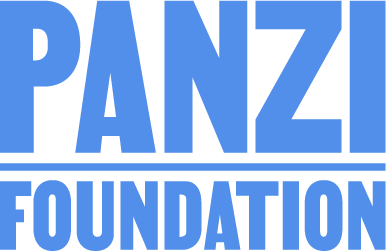As the armed terrorist group M23, supported directly and indirectly by the Rwandan Defense Forces (RDF), is at the gates of Goma — the third largest city in the Democratic Republic of Congo (DRC) — the already catastrophic humanitarian situation is deteriorating further, increasing the number of internally displaced persons to almost 6 million.
Following this umpteenth aggression, the civilian population is living in fear and is once again forced to go into exile to flee the violence. Women are forced to give birth in dramatic conditions along the roads, while others are abducted and gang raped by uniformed elements in a climate of serious and widespread violations of human rights and international humanitarian law.
It is in this context that we welcome Angola’s efforts to end the violence and silence the guns in North Kivu, but we regret that the M23 is not respecting the terms of the communiqué of the Mini-Summit on Peace and Security in the Eastern Region of the DRC or the Luanda ultimatum of November 23 by refusing to withdraw from the areas it controls, undermining the implementation of the Nairobi peace process and undermining the credibility of ongoing regional diplomatic initiatives. Indeed, the situation on the ground has not evolved, even though the Summit had decided not only on a cessation of hostilities but also on a withdrawal from the occupied territories.
Given this critical security situation, its considerable humanitarian impact and the political impasse, it is surprising to note that the weapons made available to the MONUSCO force are less effective than those of the M23, a movement that was disbanded, disarmed and confined in 2013 in Rwanda and Uganda. How was this terrorist movement able to rearm itself? It is urgent that its supply chain of arms and ammunition be established and that the countries involved undergo the rigors of sanctions as provided for in UN Resolution 2641.
Indeed, in a recent statement, members of the Security Council reaffirmed the commitments made by regional states under the Framework Agreement on Peace, Security and Cooperation for the DRC and the region “not to tolerate or provide assistance or support of any kind to armed groups,” urging “the cessation of all external support to non-state armed actors, including the M23.”
As the UN Security Council’s Sanctions Committee conducted a verification mission to the Great Lakes region of Africa in early November to verify the implementation of UN arms sanctions in the DRC conflict in order to provide an update to the Security Council, we expect that the Committee’s findings will recommend the activation of the sanctions regime without further delay.
Indeed, it is imperative that states that supply arms to embargoed armed groups be sanctioned. Furthermore, all bilateral military cooperation with supplier states must cease in order to create the conditions for de-escalation.
Thus, we call on the United Nations to take strong decisions to implement its own resolutions and on influential countries such as France, the United Kingdom, and the United States to stop supporting states that fuel violence and desolation in eastern Congo.
It is time for the world to open its eyes to these atrocities, for international law to be applied, and for those responsible to be held accountable to end the Congolese tragedy.
